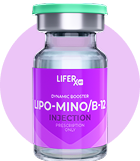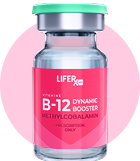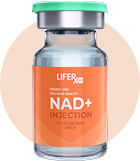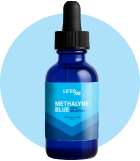May is Mental Health Awareness Month, and it’s the perfect time to reflect on the importance of maintaining physical health to achieve good mental health. The mind and body are intimately connected, and taking care of one can have positive effects on the other. Here are some reasons why maintaining physical health is important for good mental health:
Exercise is good for the brain:
Exercise has been shown to have a positive effect on mental health, reducing symptoms of depression and anxiety and improving mood. Physical activity can help to reduce stress levels, increase self-esteem, and improve cognitive function. When we exercise, our brain releases endorphins, which are feel-good chemicals that can help to improve our mood and reduce pain.
Good nutrition is important for brain function:

The brain requires a variety of nutrients to function properly, including vitamins, minerals, and healthy fats. Eating a balanced diet that includes plenty of fruits, vegetables, whole grains, and lean protein can help to provide the brain with the nutrients it needs to function at its best. On the other hand, a diet that is high in processed foods, sugar, and unhealthy fats can have negative effects on mental health, increasing the risk of depression and anxiety.
Sleep is essential for mental health:
Getting enough restful sleep is essential for good mental health. Lack of sleep can have negative effects on mood, cognitive function, and physical health, while getting enough restful sleep can help to reduce stress, improve immune function, and promote overall well-being. Creating a sleep-friendly environment, sticking to a regular sleep schedule, and avoiding screens before bedtime can all help to improve sleep quality.
Stress reduction is important for mental health:

Stress is a major factor in both physical and mental health, and finding ways to manage stress can have positive effects on both. Practices such as meditation, yoga, and mindfulness can help to reduce stress levels and promote overall wellness, while also improving physical health by reducing inflammation and improving immune function. Other stress-reducing activities include spending time in nature, spending time with loved ones, and engaging in hobbies or activities that bring joy.
Physical health can impact self-esteem:
Feeling good about our physical health can have positive effects on mental health by improving self-esteem and confidence. Taking care of our bodies by eating well, exercising regularly, and getting enough restful sleep can help to improve our physical health and appearance, which can lead to improved self-esteem and confidence.

In conclusion, maintaining physical health is an important factor in achieving good mental health. Exercise, good nutrition, restful sleep, stress reduction, and positive self-esteem are all key components of a healthy lifestyle that can have positive effects on both physical and mental health. This Mental Health Awareness Month, let’s prioritize our physical health as a means to achieving optimal mental health and well-being


















